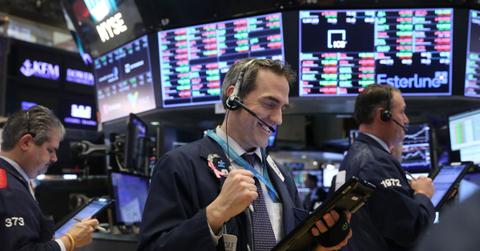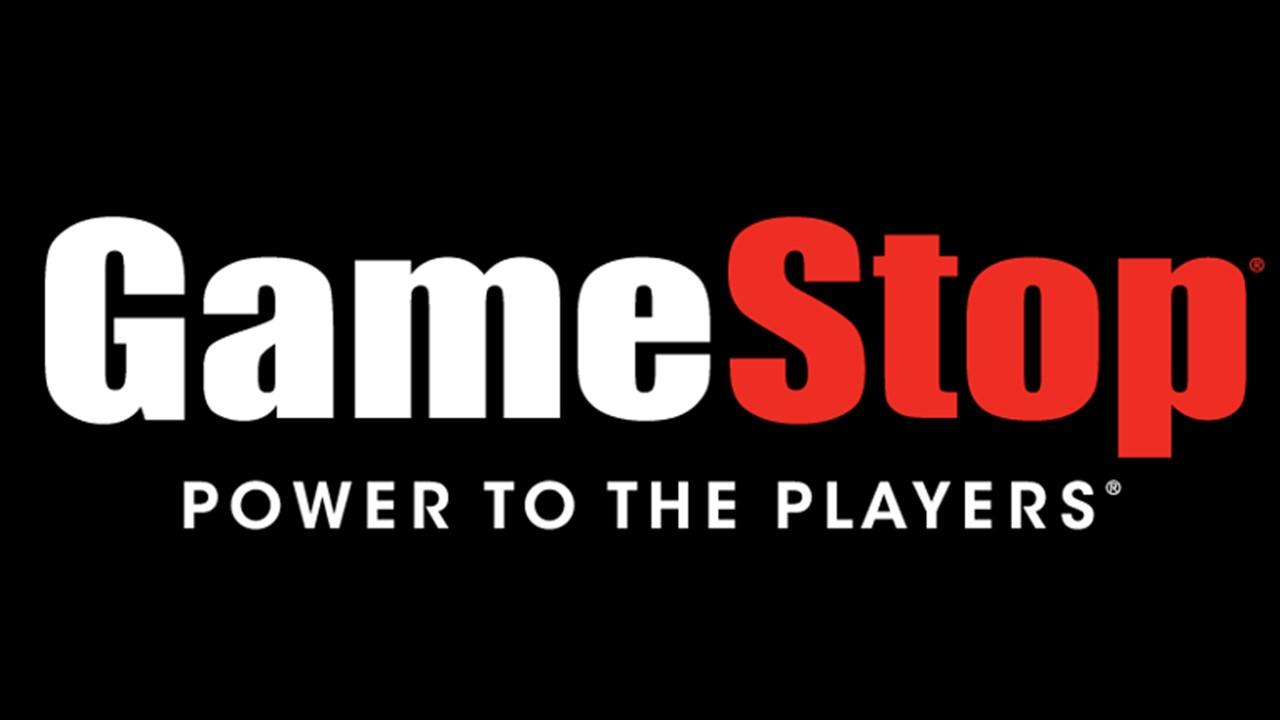Short Squeezes Aren't Illegal in the Stock Market, Here's Why
Short squeezes are caused when short sellers are forced to sell shares and drive up prices. Are short squeezes illegal in the stock market?
Jan. 28 2021, Published 1:31 p.m. ET

The so-called “short squeeze” is a phenomenon that occurs when a company that has been shorted due to a negative outlook suddenly experiences rapid stock price increases. Anyone watching the markets lately has noticed the extreme rise in share prices of GameStop, which is attributable to a short squeeze.
Short squeezes aren't illegal but can have a massive negative impact on the market as a whole. However, in 2008, the SEC instituted a temporary ban on short-selling on hundreds of companies to help avoid abusive or manipulative short-selling.

Company news might trigger a short squeeze, while a frenzy of traders commenting and buying shares can trigger one as well. Buyers and sellers within a short-squeeze environment are both taking on risks.
What is a short squeeze?
To understand a short squeeze, you need to know what a short seller is. Short sellers are experienced investors who borrow shares of a stock that they expect will drop in value by the expiration date. The investors plan to sell the shares to buyers at market price and purchase back the shares later at an even lower price.
A short seller is using a different investment philosophy than the traditional long-term investor. For those who invest and intend to hold stocks for a long time, they hope the share prices will go up over time. Short sellers are betting on big drops in the prices of stocks and securities. They need to sell high and buy low.
A short squeeze impacts these short sellers by causing them to lose a lot of money. Since their profits hinge on the stock losing value, when a stock surprisingly shoots up in value, short sellers have to move quickly in order to minimize losses.
For a stock to be short-squeezed, it must first be “heavily shorted due to investor pessimism,” according to The Motley Fool. An event causing optimism, whether from market news or artificial hype as on WallStreetBets, drives up the price. Usually, short sellers quickly sell shares to minimize losses and the price continues to increase.

How a short squeeze caused GameStop’s market volatility
GameStop stock prices have fluctuated wildly over the past several weeks. Throughout 2020, it was only priced around $4–$20 per share. In the week of Jan. 25, the stock saw unprecedented gains. The stock closed at $346.37 on Jan. 27 and briefly jumped to $450 per share on Jan. 28.
Users of Reddit’s WallStreetBets are largely responsible for GameStop's skyrocketing prices. The Wall Street Journal said, “It is an ironic twist, or a sign of their lack of understanding, that they equate short sellers with the Wall Street establishment.”
Short sellers tend to be on the outside and bet against companies that the overall financial world seems to support. However, the subreddit forum's members often take on big investors by trying to drive short squeezes in the market.
The short squeeze of GameStop has led to TD Ameritrade and Robinhood restricting new purchases of its stock and others including AMC. U.S. Representative Rashida Tlaib of Michigan tweeted that the House Committee on Financial Services needs to hold a hearing on Robinhood’s “market manipulation.”
The White House and the SEC are both monitoring the situation with GameStop and the volatile markets.
